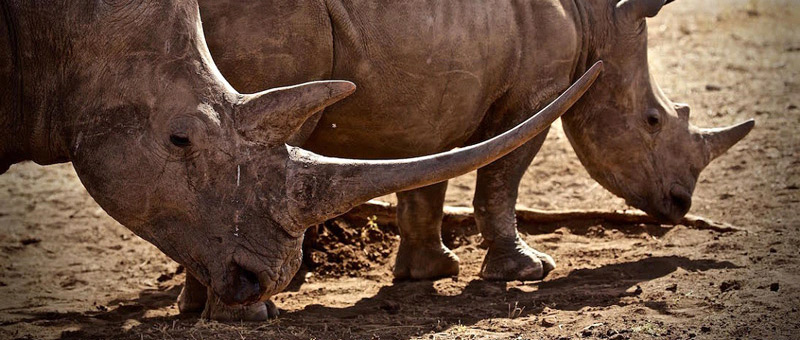OUR MISSION
PROTECT OUR PLANET FROM CRIMINAL EXPLOITATION THROUGH FIELD INVESTIGATIONS, INTELLIGENCE GATHERING, RESEARCH, AND KNOWLEDGE SHARING WITH KEY STAKEHOLDERS POSITIONED TO TAKE ACTION.
Earth League International (ELI) is dedicated to protecting our planet from criminal exploitation. A core part of achieving this mission is the comprehensive intelligence we gather from the field on major environmental criminals and transnational trafficking networks.
While arrests and prosecutions remain a critical outcome of intelligence work, they are only one piece of the solution. We share our intelligence broadly so that diverse stakeholders can use it in the ways that best fit their unique mandates and spheres of influence.
Government Agencies
On the government side, ELI provides insights to a range of federal agencies in the United States. This multi-agency coordination ensures a more holistic approach, addressing not only the perpetrators themselves but also the financial and logistical support systems that allow environmental crime to flourish. Whether the task involves mapping the illicit supply chains that move natural resources or endangered species, tracing the “flying-money” networks that launder profits, or profiling high-risk actors in a specific region, our multidisciplinary team delivers actionable insight that helps decision-makers see the full picture behind complex crime convergence challenges.
We also support the work of a few selected government agencies in Latin America, Europe and Asia.
Importantly, because our intelligence also focuses on Crime Convergence—when environmental crime intersects with other illicit activities such as money laundering, human trafficking, and narco trafficking—it can be used to address these networks from multiple angles, supporting both the investigation of environmental crimes and broader national and international security measures. By pinpointing how criminal organizations overlap and cooperate across different illegal markets, ELI’s intelligence helps government agencies understands how these networks of criminal enterprises fuel instability and threaten global security.
Private Sector
Outside of government, ELI also collaborates with the private sector, including consulting firms, research centers, think tanks, and policy-focused organizations. By providing real-world data and case studies, researchers and policy experts can analyze trends, develop new strategies, and make data-driven recommendations for more effective action. Moreover, the crime convergence perspective we offer can be invaluable to the private sector for understanding the nexus between business, environmental crime, other illicit activities, and national security.
Academic Institutions
ELI’s collaborates with various academics and scientific institutions, including the John Jay College of Criminal Justice in New York and the Florida International University in Miami. By sharing real-world data and case studies, researchers can analyze trends, publish findings in peer-reviewed journals, and present at conferences, thereby expanding the global knowledge base on environmental crime. This promotes both a deeper understanding of the complexities behind the criminal exploitation of our planet and the development of innovative strategies to combat them.
Media
Furthermore, by working collaboratively with the media, ELI ensures that critical information about the criminal exploitation of Nature reaches the public, galvanizing broader support for conservation efforts and putting pressure on authorities and businesses to act responsibly.
In short, while collaboration with law enforcement is crucial to hold perpetrators accountable and deter future crime, ELI’s mission goes further. By making our unique intelligence available to a wide range of stakeholders, we equip them to enact change in their respective realms—through legislation, diplomacy, financial regulations, scientific research, industry standards, and public advocacy. It is only through this multifaceted approach that we can create durable, global solutions to the complex issue of environmental crime.



